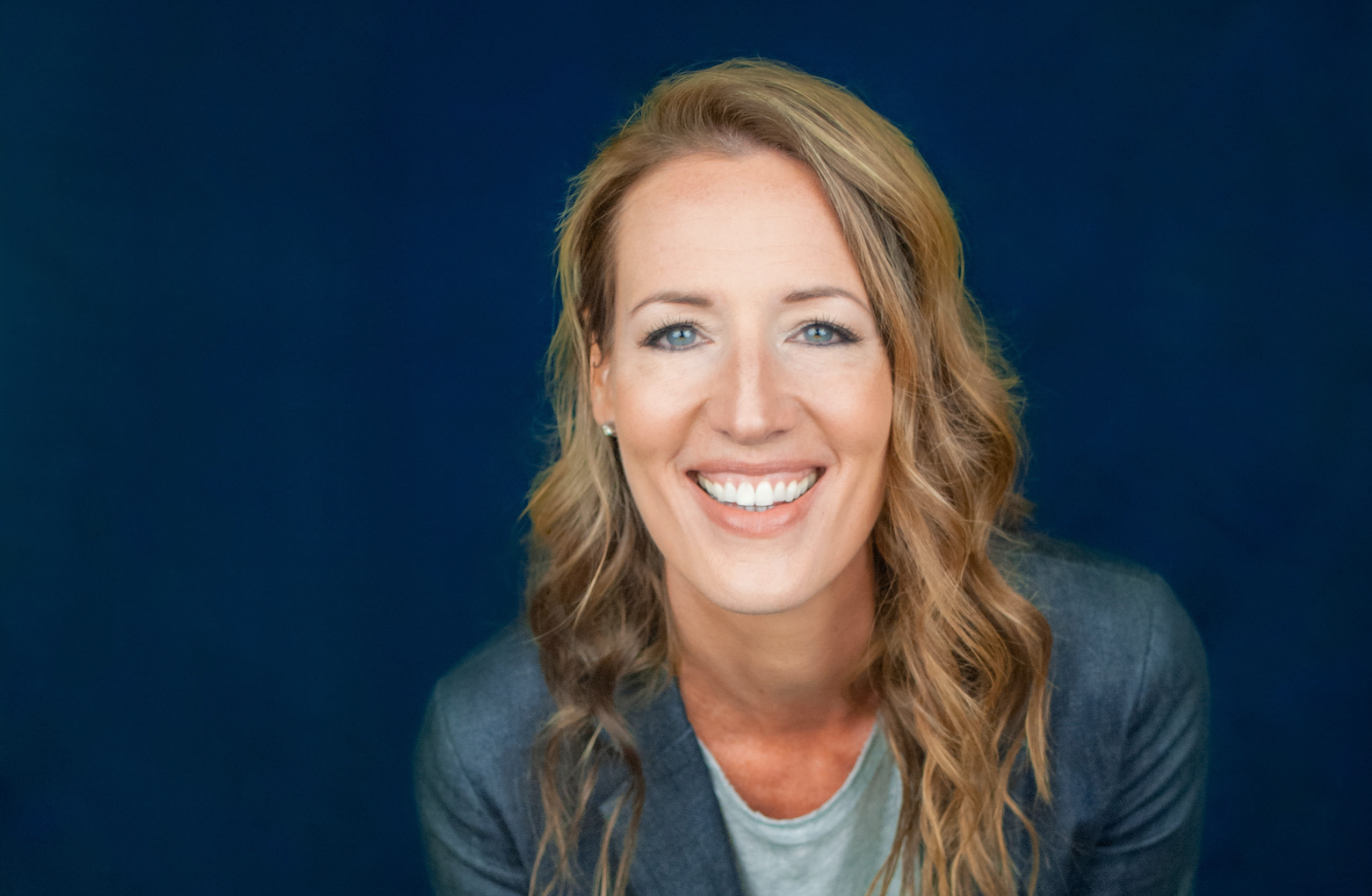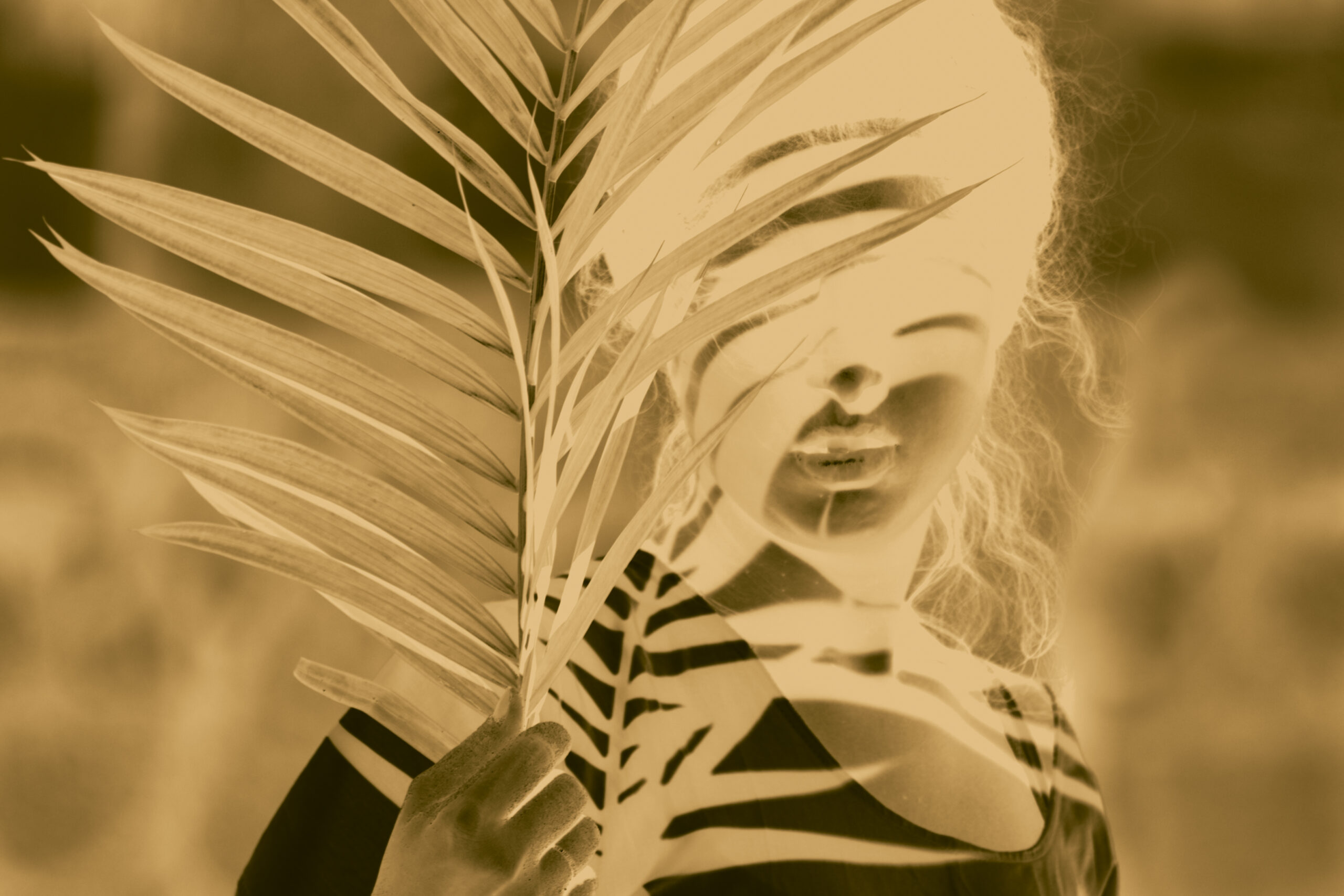We were going to start off this post doing a recap of how domestic violence has played out in the NFL and in the media. But you already know these stories. Names like Adrian Peterson and Ray Rice get plenty of headlines in the news and essentially become stars in a whole new way. It’s as if society has a fascination with focusing on the evil and elevating it on a platform by allowing more media coverage of the perpetrators and their actions.
Sadly, the victims stories seem to get drowned out or mentioned in passing. It’s stories like this, from author Jane Wells who was forced to stay with her abusive husband while pregnant because of an antiquated state law that forbade her to leave, that needs to be shared more.
This is not about the NFL, because it did not create domestic violence. Domestic violence is a human issue and victims deserve to have their voices and stories heard loud and clear in order to empower many other silent victims to have the courage to speak up. Domestic violence awareness month is October, which is great, but awareness shouldn’t be limited to 30 days out of the year.
Where can we go to read more stories on a public forum about domestic abuse victims in order to gain a better understand and create tailor-made solutions that actually work to fix the problem, instead of glamorize it?
An organization in New York called the Urban Resource Institute created a campaigned called #DVfree and got in contact about how they are working to share more victims’ stories and educate society. The reason we love what they are doing is because their stories come from both male and female victims.
According to Dosomething.org, an activist organization, 85% of women in America are the victims of domestic violence. The statistics on men should certainly not be ignored, and in fact it is campaigns like URI’s that seeks to give greater insight into both the male and female stories.
A quarter of all women worldwide will experience domestic violence/dating violence in their lifetime, however only 25% of physical assaults perpetrated by intimate partners are reported to the police.
Domestic violence is the leading cause of injury to women – more than car accidents, muggings, and rapes combined. So this is not something we can ignore or brush off even if it doesn’t involve us first hand.
The #DVfree campaign explored the affects of domestic violence on men, women, children and even pets.
“Calling on the community to stand up for a world free of domestic violence, these survivors are a powerful voice in the ongoing national conversation about abuse and victim-blaming sparked by recent scandals in professional sports,” said a spokesperson from the campaign.
You can see all seven video interviews on their website, but we also got to exclusively interview three of the victims who partook in this campaign. Here are their stories below:
Ana A: You mention in your video that you grew up in an abusive home and were in an abusive relationship. How did you break free from both, and how would you encourage others in the same situation?
“My family and I only escaped from my father’s abuse when the police shot him in order to prevent him from killing us all. Having grown up accustomed to abuse, it took damage to my ear and harm to my pregnancy as my young son looked on for me to realize that I needed to escape my own abusive relationship.”
“My advice to anyone who is in an abusive relationship is to acknowledge the abuse and get help ASAP. With domestic violence awareness more prevalent than ever, there are many ways to get help; there are so many advocates around the world”
“Don’t let the fear of judgment from others prevent you from creating a better life for yourself and your children so that they won’t ever have to wake up without you around anymore. Please don’t wait for a near-death situation like the one I experienced to recognize that you are being abused. Know that you deserve to be treated with respect and get out.”
– Ana
Ebony: To what extent do you think that race, culture or religion plays a part in domestic violence situations?
“Religion and race both played roles in my domestic violence situation. During the time of my abuse, I had lost faith in religion – not because I didn’t believe in God, but because I had experienced so much pain and suffering in my life that I felt as though I would never gain a connection with God. When my abuse began to spiral out of control, however, I began to secretly pray to God to grant me the strength to leave my abuser.”
“I never felt like I was being answered by God because of the sins I had committed in the past; after so many unanswered prayers, I started to feel as though I was being punished by God. I never really stopped secretly praying to God throughout my cycle of domestic violence, and I believe God was watching over me when I escaped. I am now a proud, practicing Muslin, and my religion gives me a great sense of knowledge and strength.”
“I believe that my race also played a role in in my cycle of abuse. As a young African American woman with children and relying on public housing, I felt as though few people would care to help me. It took me years to build up enough physical courage to pick up a telephone and dial 911. I was always worried that the person I finally told the truth to wouldn’t actually be able to help me.”
“The first time I called 911 to reach out for help, groups of police officers quickly arrived at my apartment and explained that if I wanted to protect myself I would have to testify against my abuser in court; they asked me ‘are you willing to do that?’ in a way that made me worry that my abuser would come after me once he was released. I said that I wasn’t willing to testify against him out of fear, my abuser was instructed not to come back to my home for the remainder of the night and I was verbally given the address to the court house where I could request an Order of Protection.”
“Each additional time I called 911, the police would take longer to arrive. Eventually, the police wouldn’t arrive until early the next morning. I have since learned that some women abuse the system to receive housing transfers by claiming domestic violence, which may have explained the officer’s reluctance to rush to my aid over time, but I really was a victim and it took me years to build up the courage to seek outside help beyond the police.”
“When I first reached out to URI, I was apprehensive to speak for fear of jeopardizing my family. Over time, I have come to realize that seeking help from a domestic violence shelter was the best decision I ever could have made. I do believe that because of the color of my skin and the fact that I lived in public housing, nobody would have wanted to help me if I hadn’t sought outside help.”
“Because of URI, I am now an African American Muslim woman with children, but no New York City housing address nor violence in my home.”
– Ebony
Linda: Domestic violence is such a prevalent evil in today’s society; what do you think are some major contributing factors?
“I’m a survivor, and based on the work I have done volunteering in shelters, I believe that the process of allowing oneself to be abused starts during childhood. I was raised in a home where I was abused. There was a lack of love in my home and so I had a lack of self-worth as a result. In my home, there was zero tolerance and compassion for mistakes. I received only cruelty and criticism from my family, and as a result I learned self-loathing as a child.”
“A common thread I see throughout all of the survivors I have met is a lack of self-worth and a feeling of self-loathing due to a common history of neglect. Being neglected all our lives, we don’t realize that the abuse we’re suffering is so bad because of its familiarity. Familiarity to abuse enables further abuse.”
“To overcome these things, programs like URI allow survivors to learn consistency in self-respect, setting boundaries, how to say no, and to learn what it means to be a part of a family. You realize that in a true family, you can make mistakes and people will still love you. There’s no judgment or criticism. You learn what unconditional love feels like at URI. You learn about pure family, and that love helps you to build a new, better life for yourself.”
– Linda




















